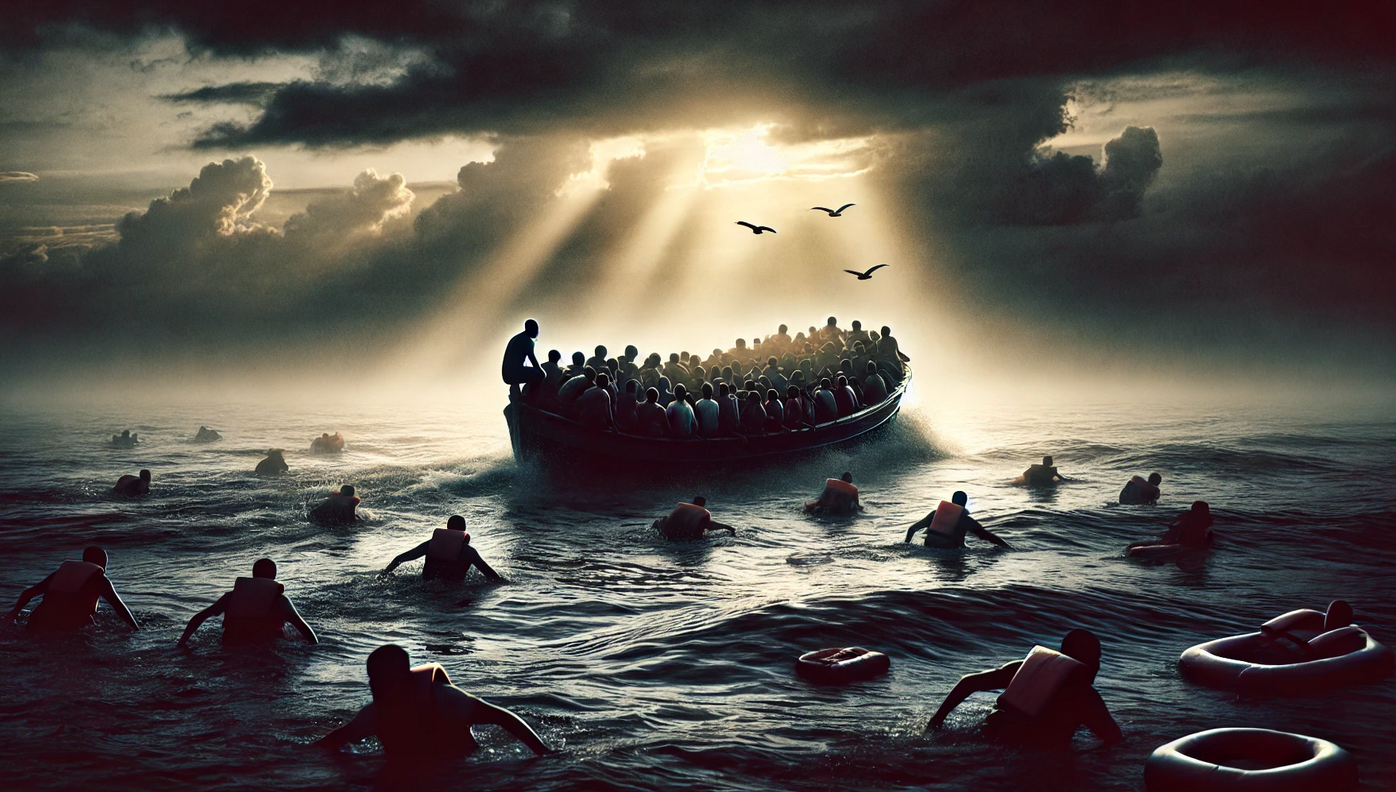
The Tight Boat: A Human Smuggler’s Route
Written by: Ahmad El Khalaf
- Senior News Producer & War Journalist.
Extreme lengths human smugglers are going to, their relationship with the local authorities and reasons to avoid
A plane ticket, a short four-hour flight, and a European Passport, and ‘bam!’ you are in Turkey. Well, that’s how much it would have cost me if I didn’t cover this story remotely, as unlike five-years ago, there is no need for a visa.
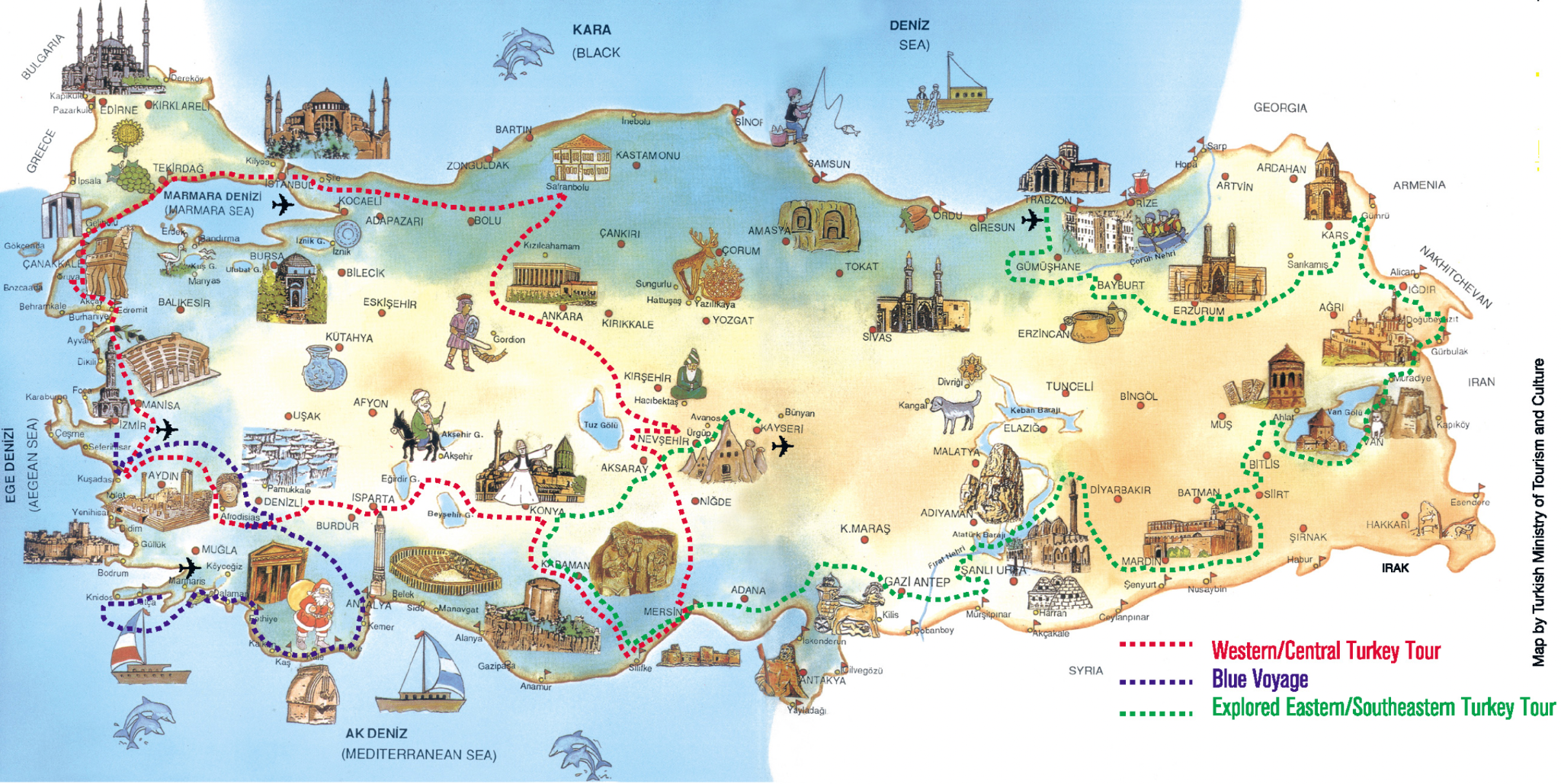
TURKEY, THE LAND OF ‘PASSPORTUNITY’
Since the domino effect of the Arab spring reached Syria in early 2011, millions of Syrian civilians have migrated to neighbouring countries and into Europe - hoping to find a safe haven. Some were legally invited as refugees into Europe, North America and Australia via the United Nations. Conversely most migrants weren’t so fortunate and chose to take measures into their own hands by illegally crossing to claim asylum.
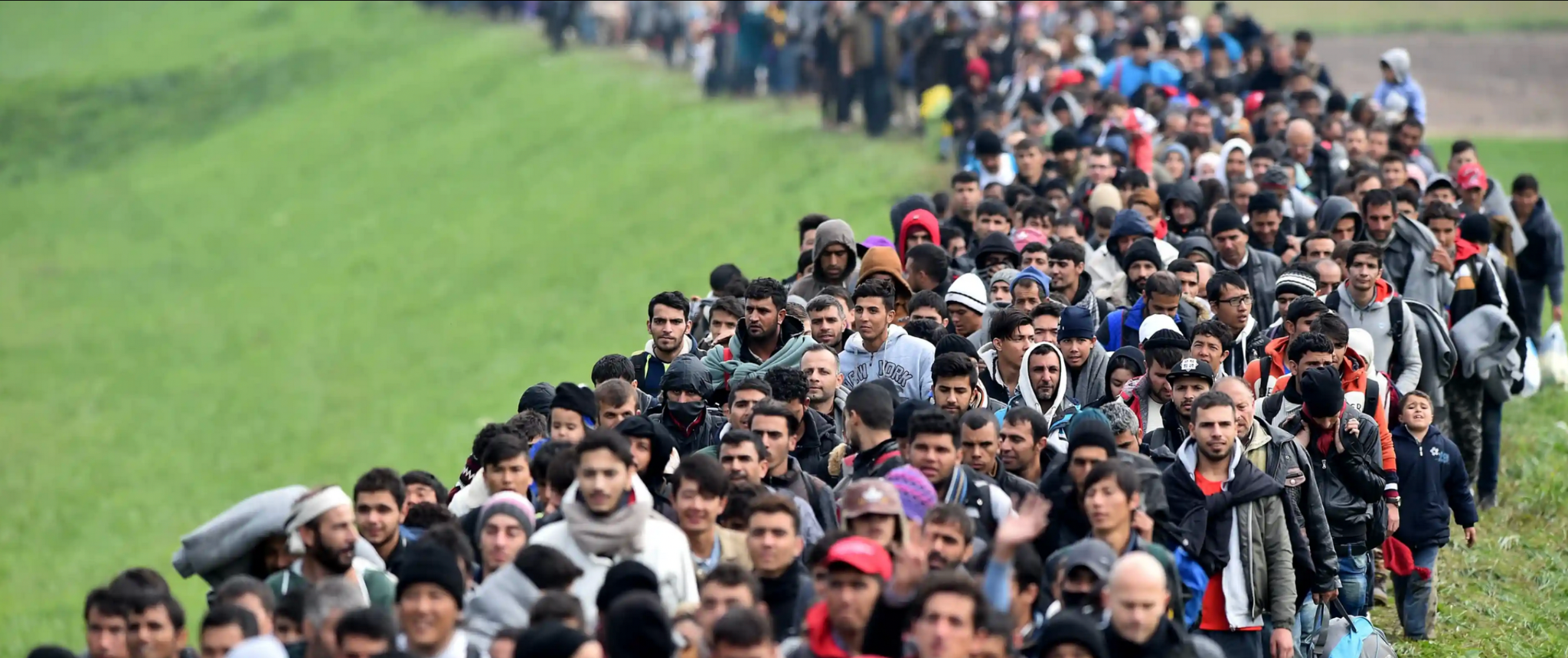
Fake passports and visas were the way forward for many, until the Turkish authorities cracked down on this by putting forward more verifying measures across the nation’s airports. This has led to an enormous increase of people crossing into Europe illegally.
READY, GET SET, BOAT!
When picturing the smugglers’ boats, remove P&O Ferries or DFDS from your mind and picture something much smaller. A size that generally does not exceed the capacity of a compact British living room, containing no patterns or fancy colours or more importantly a real sense of safety. The vessel you should imagine will generally be used just once, then tossed away for the authorities to find and add to their uncomfortably large collection.
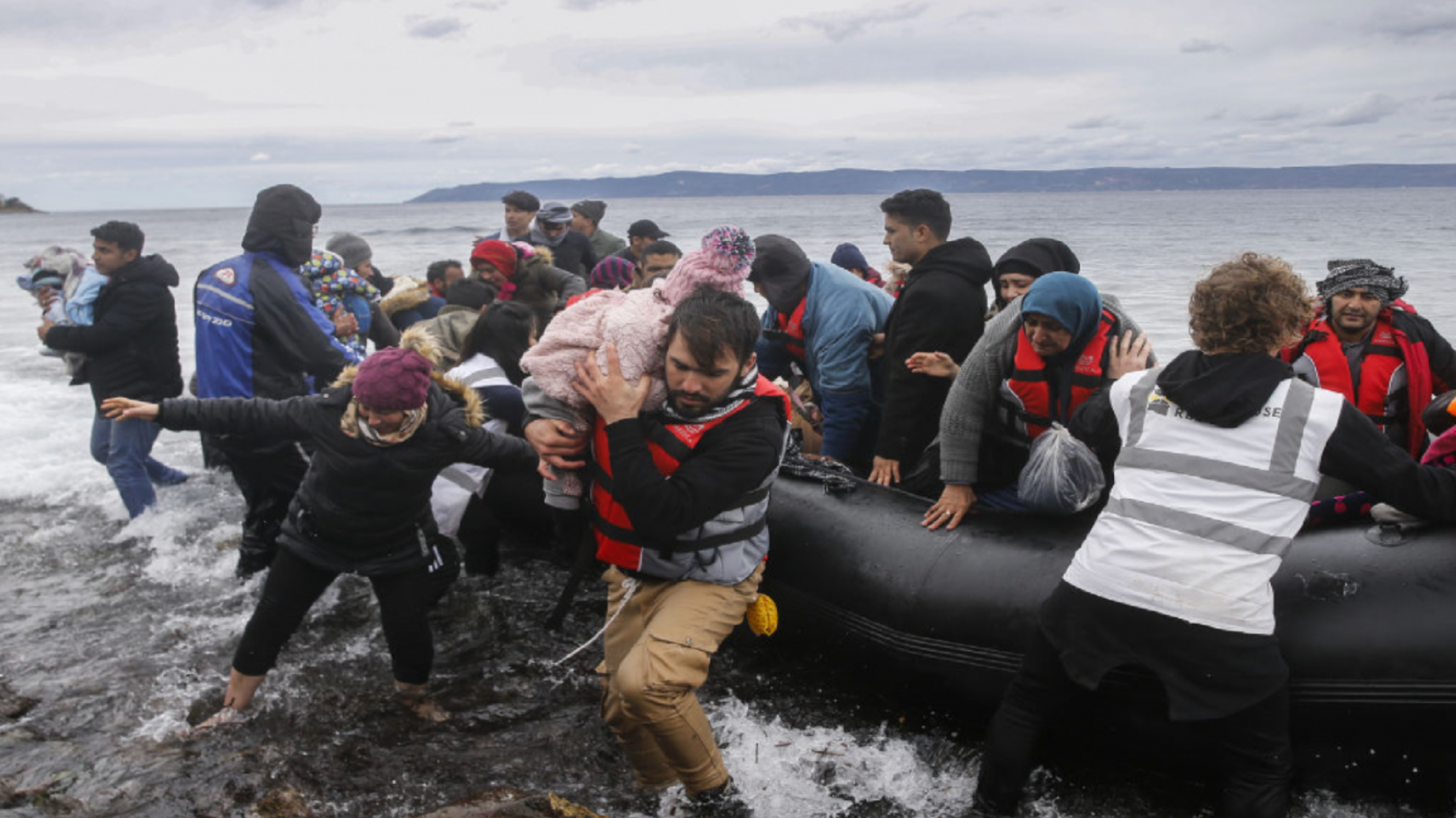
The Home Office published that a minimum of 1,675 small boats had been detected entering the UK alone between the calendar years of 2020 and 2021. One can only imagine how many tens of thousands of boats have made their way into Europe as a whole
An example of this is Saleem, a middleman who explains that he works on a commission-only basis, is green eyed and in his late thirties. Unlike a legitimate business where a marketing budget may be provided, Saleem’s budget is a cup of tea and a sales pitch: “I give a good service. I connect the customers with the smuggler, I hold the funds and when they reach their destination, I give the smuggler the funds - but I keep ten percent. Then the happy customer brings other customers - simple” said Saleem in Arabic as he was smoking a cigarette and sipping a small cup of Turkish tea via Skype.
THREE FOR TWO, KIDS GET FIFTY PER CENT OFF
People like Saleem are not difficult to find. The smugglers have broadened their marketing measures by employing hundreds like him on an apparent commission-only based method. They are usually located near the seaside in the western part of Turkey, you will find many of them planted in the many cafés just waiting for an opportunity to make a quick dollar.
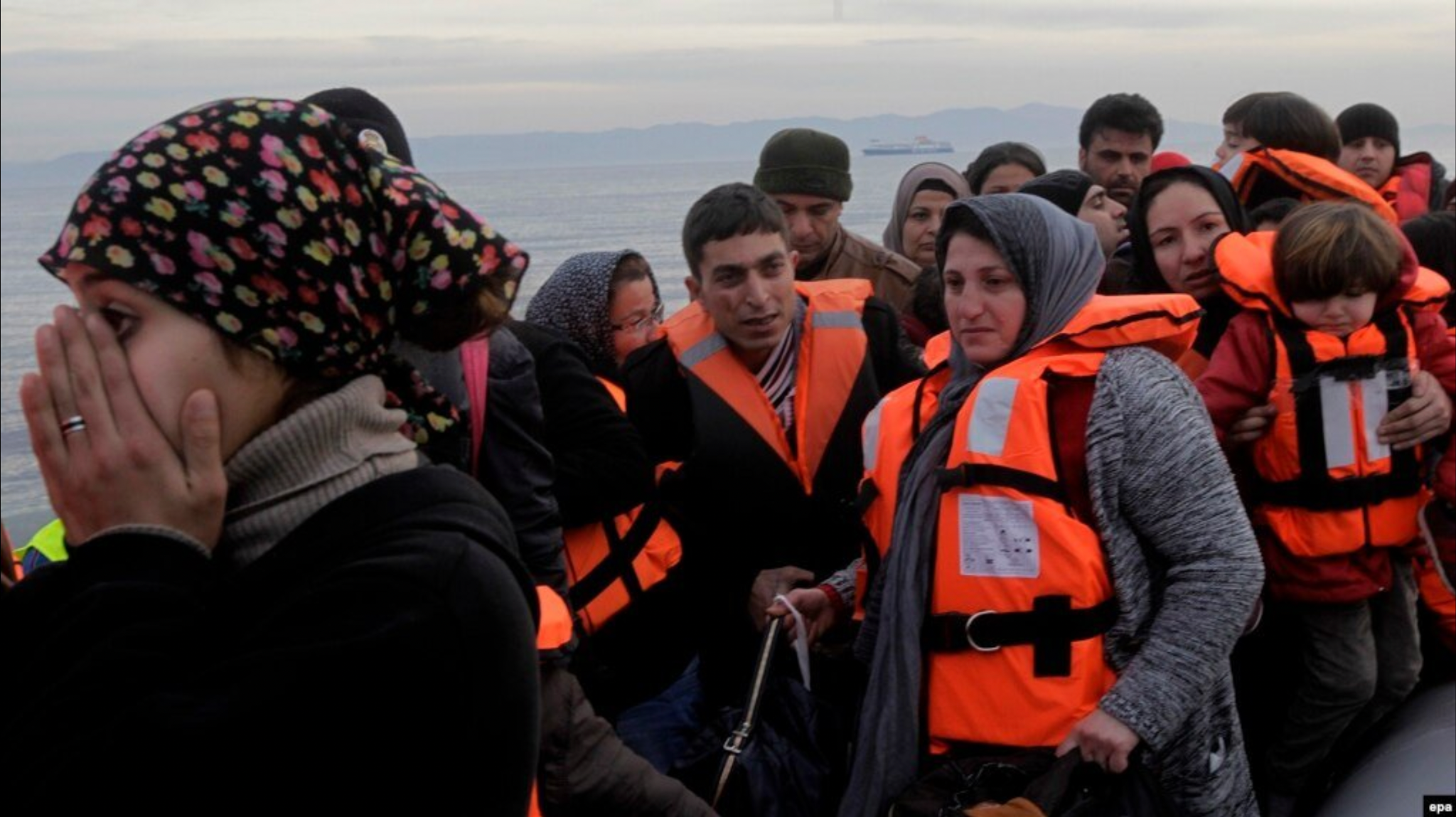
That’s right, the main currency for this illegal activity is the United States Dollar. The trip of an inhumane boat ride from Sarpincik, Izmir, Turkey to Kymi, Greece is between $2,000 - $6,000 per person depending on your haggling expertise. So, for those that haven’t the stomach to haggle, they are easily committed to give a ‘boatload’ of cash.
When using a coach service in Turkey, you will find that most drivers announce their routes constantly using their loud voices to gather more customers. The same scenario is set with the smugglers’ offer announciations, such as “3 for 2”, and “50 per cent discount for children” in Turkish and Arabic.
You would see groups and groups of migrants just waiting for their turn.
Some you would find shouting at various smugglers, however unable to
express their points due to language barriers. In many cases the middleman, someone like Saleem would have ghosted away with hundreds of thousands of dollars, leaving the migrants with a huge financial loss, and the smuggler regretting their decision, for a while.
NO RAID ZONE
What’s also ironic is that one year ago, when I was in that area covering a news article about smuggling, I saw a police van with its sirens on heading towards the café, only to see the police van breeze past us to stop a motorbike user down the road - who wasn’t wearing a helmet.
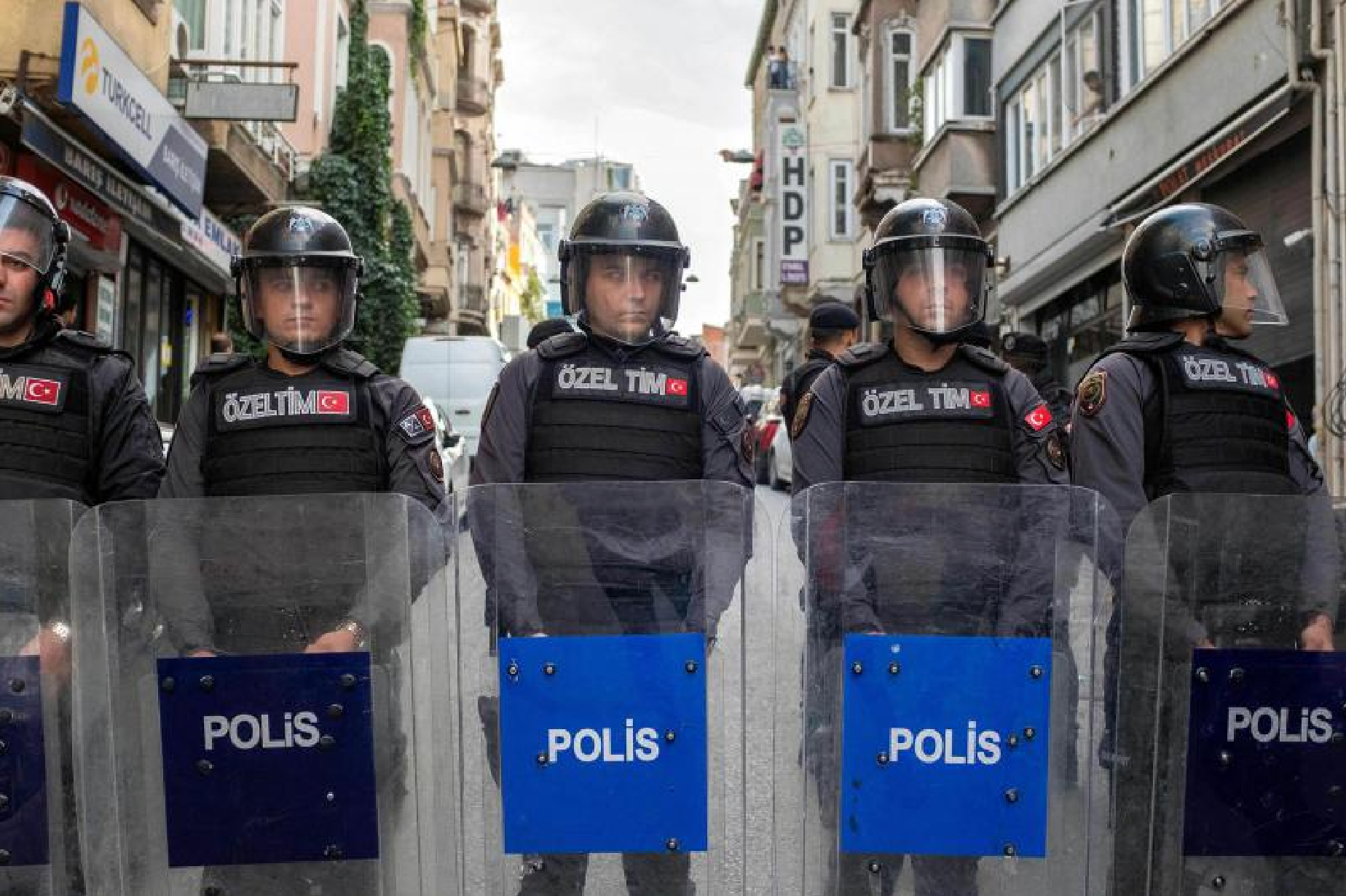
“Those clowns never come here” said one of the people in Turkish as he was looking at me. Following that with stating “money buys everything, even the Jandarma”, certainly it doesn’t buy comfort - as he refused to give me his name or his contact details.
The ‘Jandarma’ are a Turkish armed law enforcement organisation which is entrusted with maintaining security, safety and public order. They can be seen patrolling in military trucks, motorbikes, vans and boats throughout Turkey. With the stranger's remarks contradicting the Jandarma's role, my motive to investigate this grew drastically.
Saleem, the so called ‘middleman’ who is in fact a smuggler but refrains from identifying in that way was my first point of contact to point me to one of the Jandarma. At first, I requested a video interview with Mehmet, a Jandarma officer that associates with the smugglers – only to be laughed at by Saleem. “There is no way I’ll organise that, I haven’t seen him in nearly eight months” said Saleem. He then said that he will organise the interview via a voice call.
THE TURKISH LIRA IS DYING
Getting straight to the point: “Mehmet, how exactly do you participate in this and what do you get out of it?” I asked in Turkish. “All I do is direct my patrol boat with my colleagues into a different direction to the smugglers’ route and get paid by the smugglers $500 USD every time for doing so” he replied.
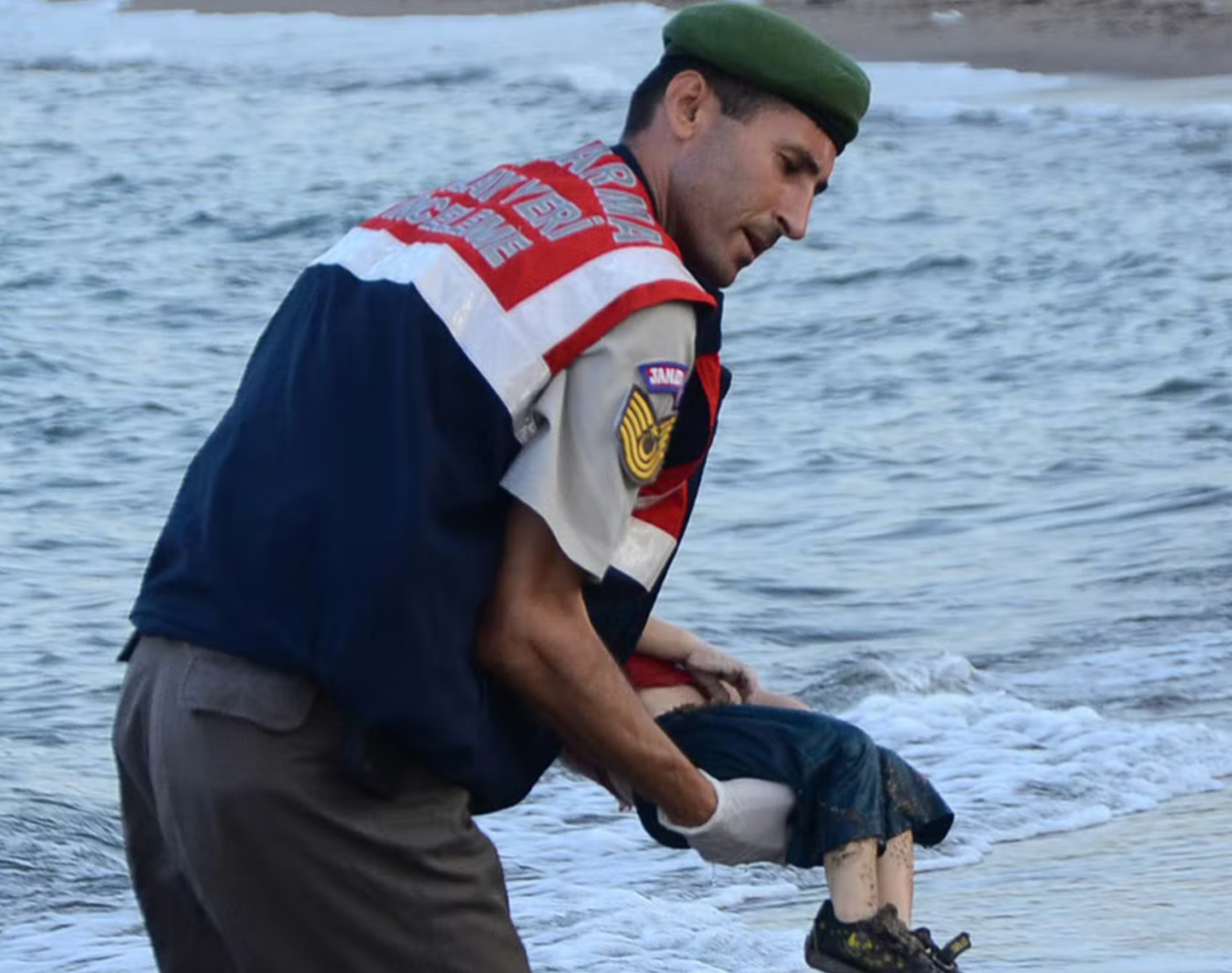
“You do know there are many cases where kids are drowning during their journey” I said, only to be responded with: “I have nothing to do with that, and I shred that, but that is the decision of their families and the smugglers”. He followed with saying: “When there is very bad weather I call the smugglers and call off the trip for the night”.
“1 dollar [USD] is now worth around 20 Turkish Liras, ten years ago 1 dollar was worth two and a half Liras, so no one can blame me for this, me and many people like me do this to survive.” said Mehmet before ending the call angrily.
I asked Saleem if he connects any families with kids with the smugglers, only to witness his usual smile fade away. “I do not do that; I only deal with adults over 18. I like to sleep comfortably at night, if a kid died on my watch, I wouldn’t be able to sleep, but if adults God forbid drown, then that was their decision and not mine, they came to me, I warn everyone about the dangers before their trips” he said.
VISIT RWANDA - YOU WILL VISIT RWANDA!
The controversial topic about the Home Secretary’s decision to send illegal migrants abroad has sparked outrage and in contrast - relief, by many people of the UK.
Visit Rwanda, two-words that we are used to seeing on the shirts of the Arsenal football players is about to become enforced on the illegal migrants by Suella Braverman.

Braverman says it is her ‘obsession’ and ‘dream’ to see flights take asylum seekers to Rwanda.
This has deterred many of the illegal migrants from making the UK their destination. A migrant such as Anwar has refrained from making the UK as his final destination out of fear due the Home Secretary's remarks: “I spent about fourteen-thousand-dollars so far, and now I am stuck in Calais, I was going to make the UK my home but now I will be giving my fingerprints in Belgium as my second option, because I don’t want to be prisoned in Rwanda” said the 25-years-old Iraqi in Arabic.
Statista, a German company specialising in data, notes that around
24,000 migrants have drowned in sea (worldwide) between the years 2013
and 2021. Remember, these numbers are for those who were found and
registered, there are tens of thousands of casualties who drown and are
registered as missing rather than dead.

Post a comment